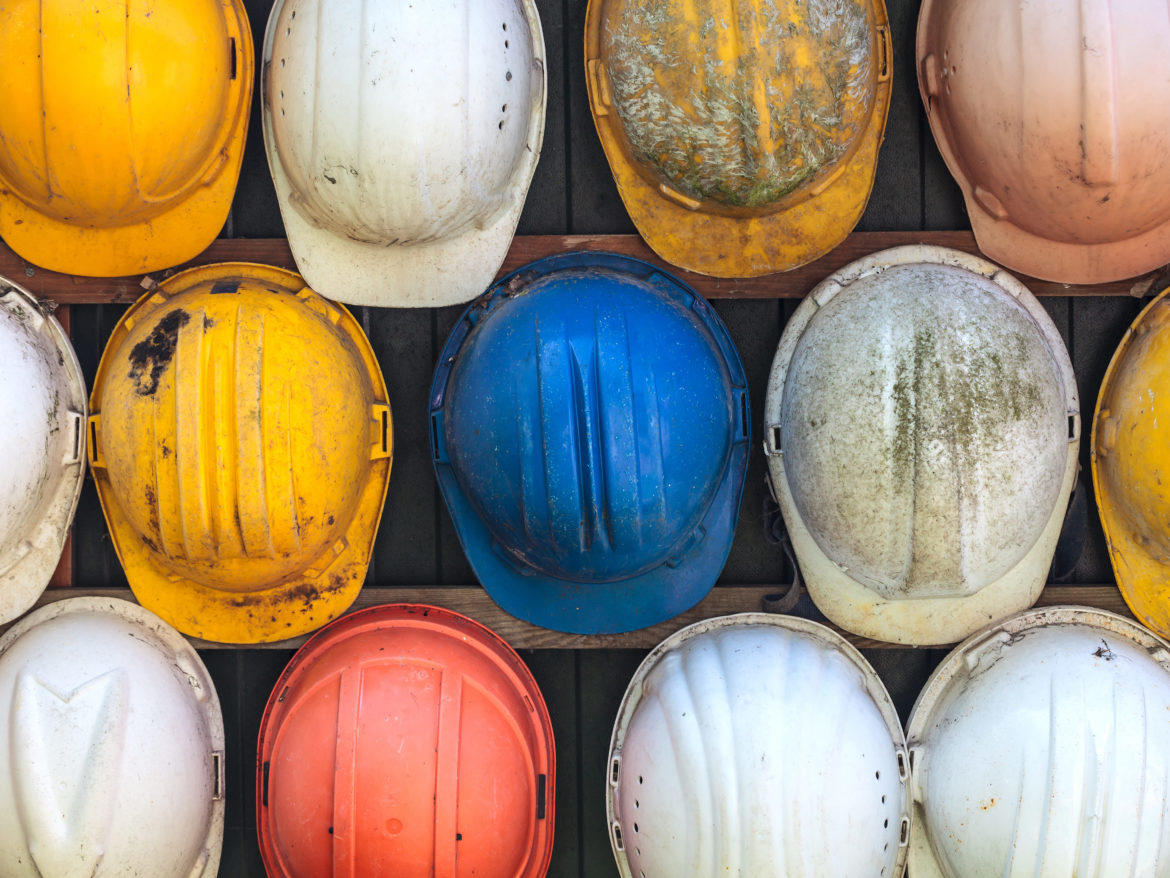
It’s likely that at some point during your community’s lifespan, new construction will occur nearby and the impact on your residents will vary both short and long-term depending on the steps your Board takes early in the process. Sometimes new construction is welcomed enthusiastically by the members of an established community but more often than not, nearby construction strikes dread in the hearts and minds of many residents and board members who fear noise, disruption, debris, impaired views and incidental damage.
Communities facing the prospect of new construction next door should not go “on the attack” but should engage experienced counsel to help them navigate the construction process, set realistic expectations for their residents, reach agreement on protective measures to be provided by the contractor/developer, and receive compensation where appropriate. If handled properly, the new construction can do much to enhance your community’s value. If mishandled, you could wind up with new construction that encroaches on your land, damages your landscaping and exterior amenities, adversely impacts drainage, and, in severe cases, causes structural cracks in your buildings.
Naturally, the individuals or corporate entity driving the new construction want your community’s support to sail through the governmental approval process. Boards who feel that their concerns and issues have been properly addressed by the developer next door will be much more likely to provide that support.
There are many factors to discuss and consider with the developer including the intensity of the proposed use, traffic, compatibility issues, construction management, easement agreements, rezoning, and other material issues. Municipal Land Developer Codes usually require public participation so starting a dialogue early in the process affords your Board with an opportunity for your community and the developer to speak with a unified voice and to address major issues and concerns before being heard in a public hearing. The developer will certainly want to address your concerns in private rather than face them at a public hearing.
Some common issues that should be addressed include:
- Debris
- Nuisance
- Structural impact
- Encroachments (both on their side and yours)
- View Impairment
- Buffering and noise mitigation measures
- Trademark Infringement (depending on the name of the new community, shopping center, etc.)
- Security
These kinds of negotiations may take six months to well over a year and will include your counsel attending and speaking at multiple Board meetings, Developer Town Halls, Municipal Public Hearings, researching City Zoning and Land Use, reviewing Mas6ter Plan Design guidelines, clarifying construction issues/timelines and negotiating the design to take into account view-lines, setbacks, traffic, loading, etc.
If you serve on an association board, you well know that directors are sometimes held responsible by some community members for issues completely outside your control. Don’t let neighboring construction become another boiling point in your community.






Recent Comments